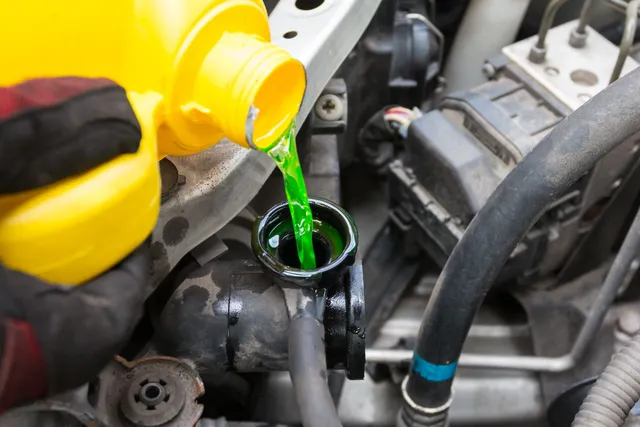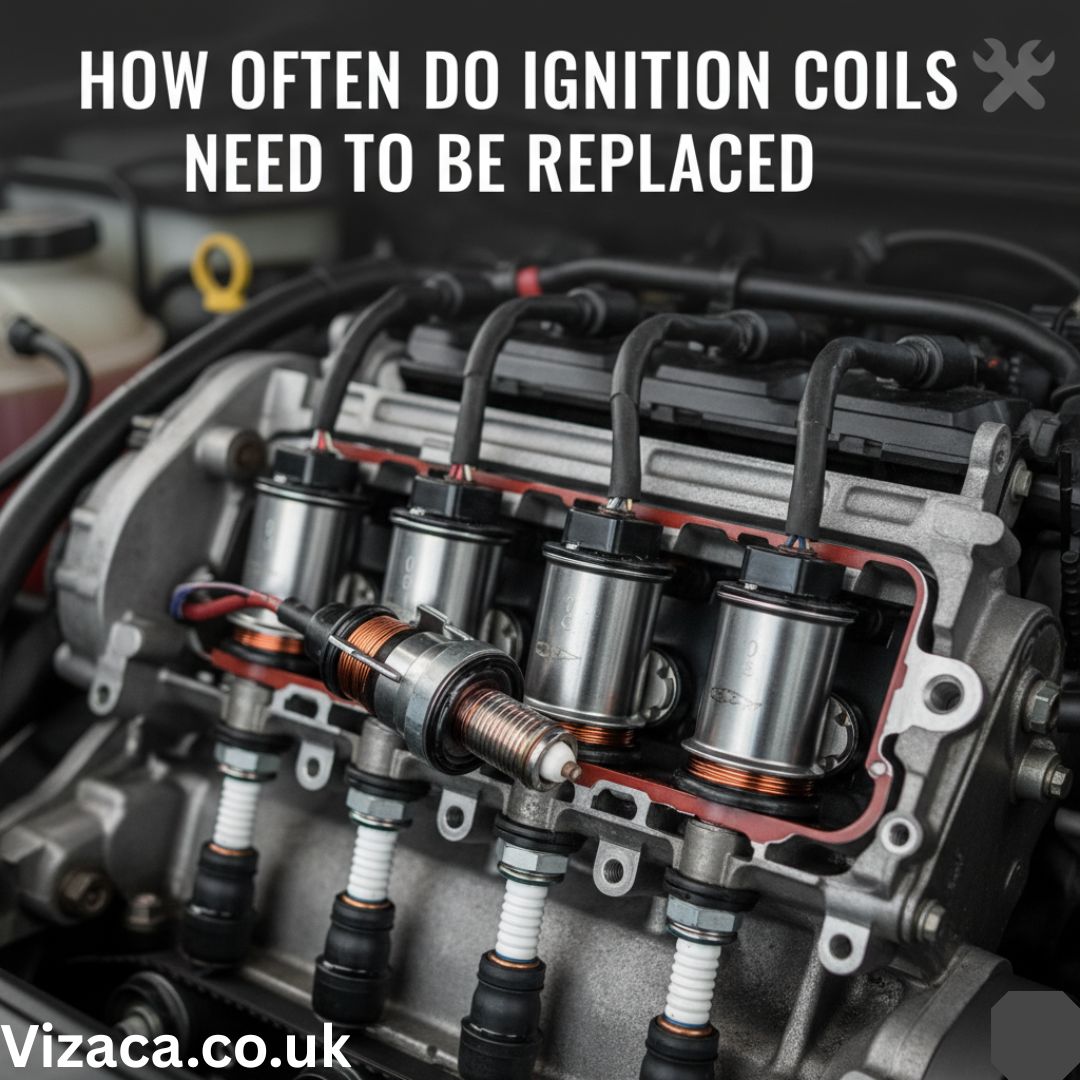Yes, antifreeze (also known as coolant) plays a key role in helping your car produce heat—especially in cold weather.
While most people associate antifreeze with preventing overheating, it also enables your car’s heating system to warm the cabin.
How Antifreeze Helps Generate Heat
When your engine runs, it produces heat. Antifreeze:
- Circulates through the engine, absorbing that heat
- Then flows into the heater core, a small radiator inside the dashboard
- A fan blows air over the hot heater core and into your car’s cabin
- That’s what provides the warm air from your vents
So without antifreeze, there’s no hot fluid to warm the heater core, and your cabin won’t heat properly.
What Happens If Antifreeze Is Low or Old?
If your antifreeze is:
- Low, your car may blow cold air even with the heat on
- Old or contaminated, it may not transfer heat efficiently, reducing heating performance
- It can also cause engine overheating and potential damage
Signs Antifreeze Is Affecting Your Heat
- Cabin heater blows cold air
- Temperature gauge fluctuates or runs hot
- Heater works at high RPM only
- Coolant warning light or low reservoir level
Final Thoughts
Yes, antifreeze absolutely helps with heat by carrying warmth from your engine to your cabin’s heater core.
If your car isn’t heating properly, it could be a sign of low coolant, trapped air, or a failing thermostat—all of which should be checked to restore proper heating.










